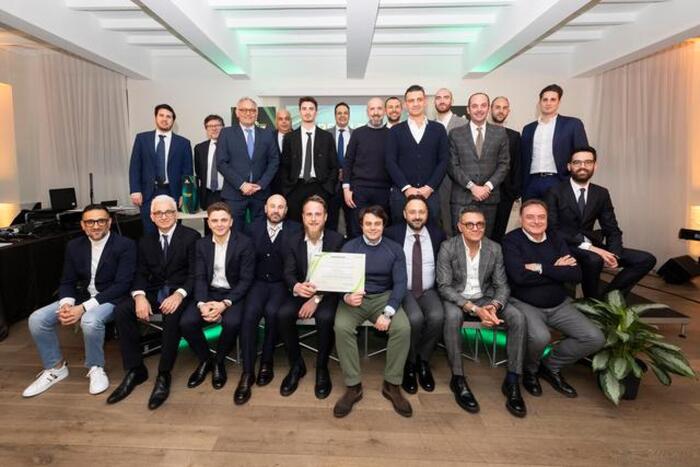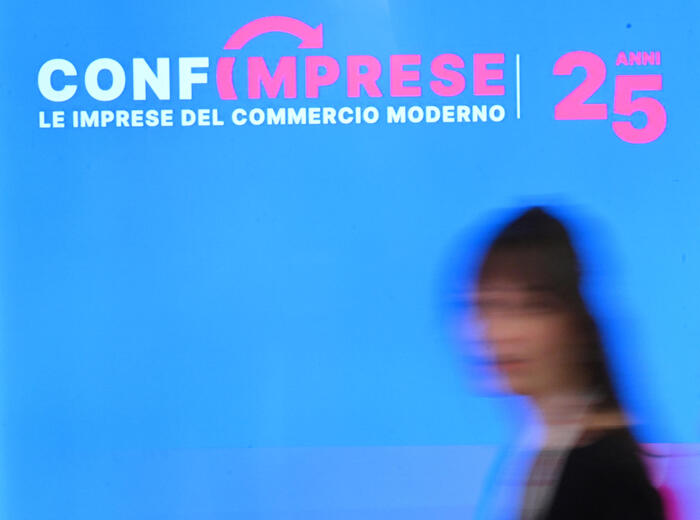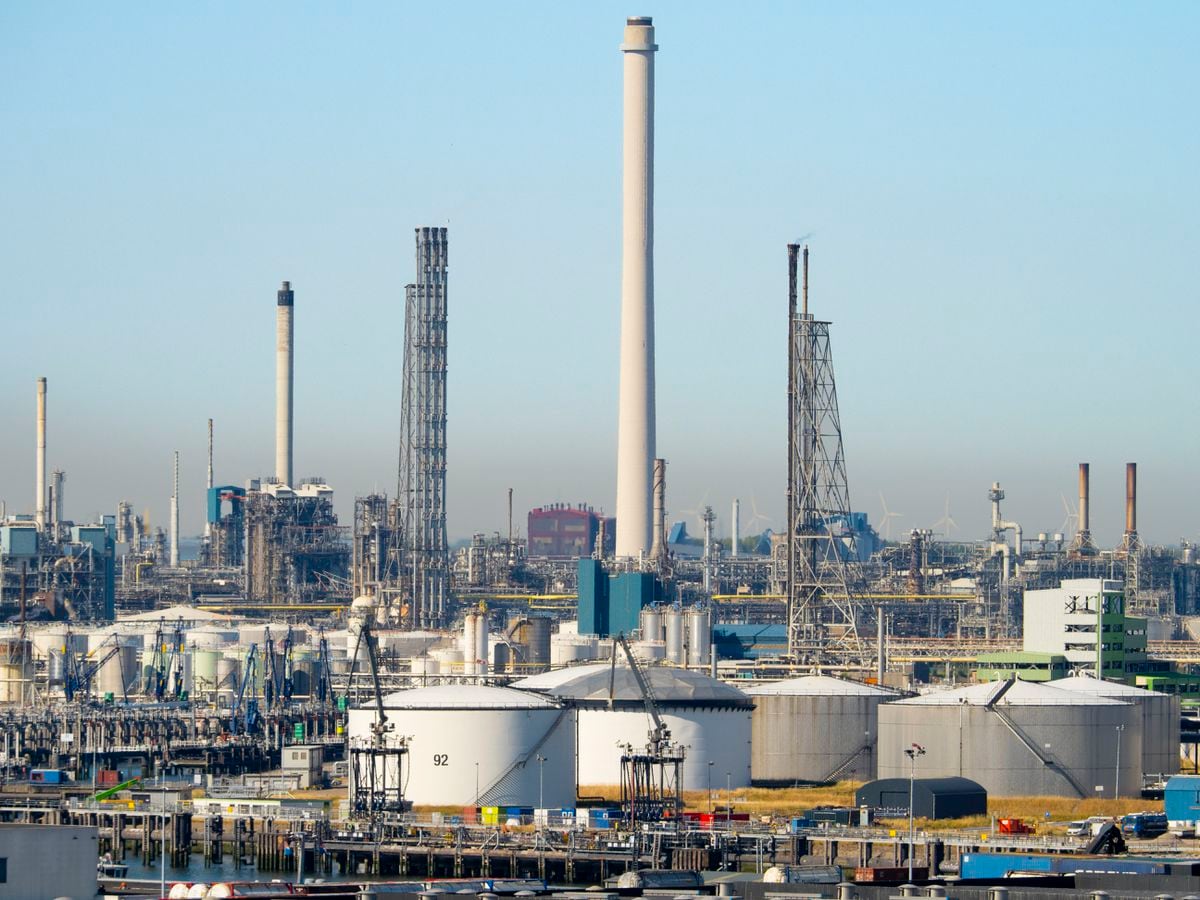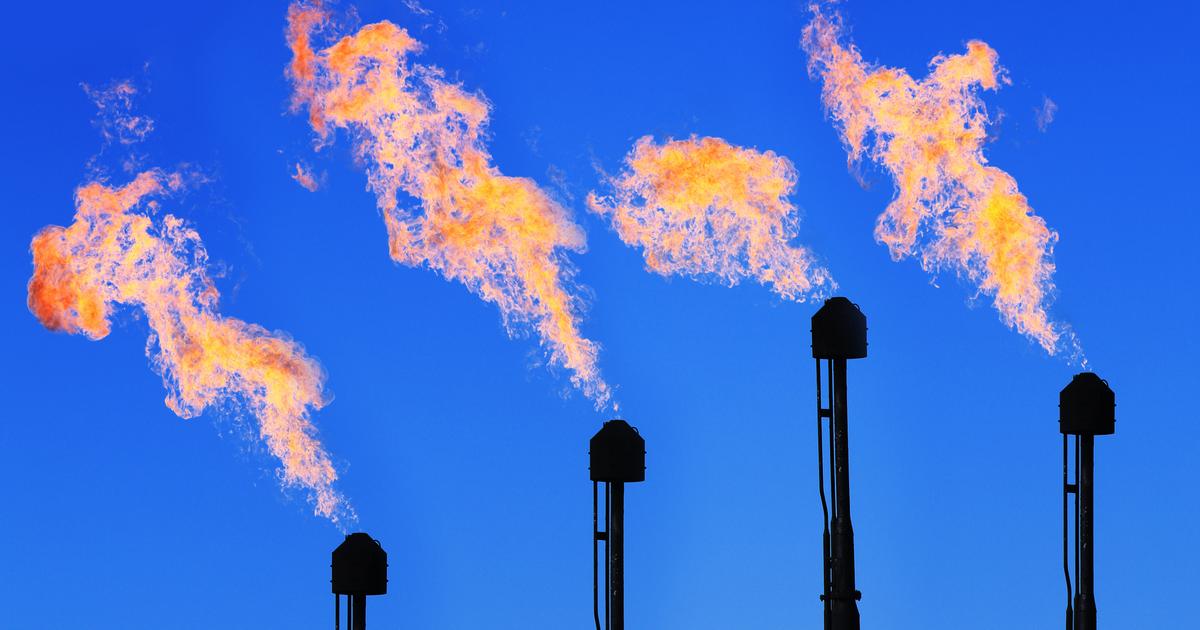By 2030, Germany is to get 80 percent of its electricity from renewable energies.
This is what the Ampel government set out to do in its coalition agreement, which was presented yesterday.
The district of Miesbach also has lofty goals.
District -
Miesbach wants to be climate neutral by 2036.
Some companies are well ahead of these still distant political goals.
But how is the change in the private sector going?
Two companies give examples.
Bosch
Bosch has been climate-neutral with its more than 400 locations worldwide since 2020, reports press spokeswoman Cornelia Dürr. This means that the company no longer leaves a carbon footprint. “To make this possible, Bosch is investing primarily in energy efficiency and increasing the share of renewable energies,” she says. In addition, the company is buying green electricity with guarantees of origin as a short-term lever and compensating for unavoidable CO2 emissions. The neutrality is externally certified by an independent auditing company. “A big step, but only a first milestone,” says Dürr.
In the course of expanding the Holzkirchen site, Bosch made energy assessments and took measures into account.
In concrete terms: The location minimizes “fossil CO2 emissions through the connection to the deep geothermal system of the Holzkirchen community works”.
This measure could save around 150 tons of CO2 per year for the site.
The need for cooling for laboratory equipment and test stands is generated by heat pumps.
"Their waste heat is not given off to the environment, but to the heating system for heating the building and hot water," explains the press officer.
This will reduce the heat requirement covered by natural gas - and save around 120 tons of CO2 per year.
Furthermore, the roof areas of the new building and the parking garage are equipped with photovoltaic systems.
"These will have an output of around 350 kWp." Other measures include heat recovery systems, low operating temperatures, LED lighting and optimized lighting and ventilation control.
Bicycle parking spaces, 200 e-charging points and bike rental stations are to round off the concept.
Oped
Offsetting is an option for emissions that cannot be avoided.
“They are saved elsewhere in order to have computationally CO2 neutrality,” explains District Office Climate Protection Manager Antonia Rüede-Passul.
This idea is based on the assumption that it is not decisive for the climate where emissions arise or are avoided - as long as the balance sheet is correct.
+
Antonia Rüede-PassulClimate Protection Manager
© Private
For Andreas Bonleitner from the medical technology manufacturer Oped, who took part in the entrepreneurial exchange for CO2 compensation organized by the District Office (see box), regional compensation would be the best: “You will certainly have the most sustainable effect at home.” In the absence of opportunities for regional compensation in the district, Bonleitner saw who is a member of the management team at Oped, however, consider reducing as the best leverage.
Oped is realizing this with nine charging points for e-vehicles at the Oberlainder location.
In the video conference, he explained to the other participants that these were publicly accessible and state sponsored.
However, considerable effort would have to be made to reduce emissions - which is definitely a goal at Oped.
"It is easier to live a fossil fuel life than a renewable one," he stated.
But: "That is the price for the future."
In order to avoid expensive organizational effort with state subsidies, Bonleitner suggested more exchange between the companies in the district.
“You could do an analysis and approach other entrepreneurs more.” The plan was, as it were, a body for self-help.
"Then it will be cheaper for everyone."
Companies want to create synergies
The business exchange climate protection is a project of the climate protection management at the district office Miesbach and the community foundation Energiewende Oberland (EWO). The location marketing company (SMG) is also to be more closely integrated into the organization in the future.
At regular intervals, District Office Climate Protection Manager Antonia Rüede-Passul and Stefan Drexlmeier, EWO branch manager, invite companies to participate in a video conference.
Most recently, regional CO2 compensation was on the agenda.
The consensus in the discussion with a total of five participating entrepreneurs was that the potential for CO2 compensation in the Miesbach district was limited.
The company bosses found the avoidance of emissions, for example through green electricity, photovoltaic systems and charging infrastructure for e-company cars, to be more important.
In order to overcome bureaucratic hurdles and create financial and organizational synergies, entrepreneurs in the district want to exchange ideas more.
The next opportunity is expected to be on Thursday, March 10th.
(nap)









